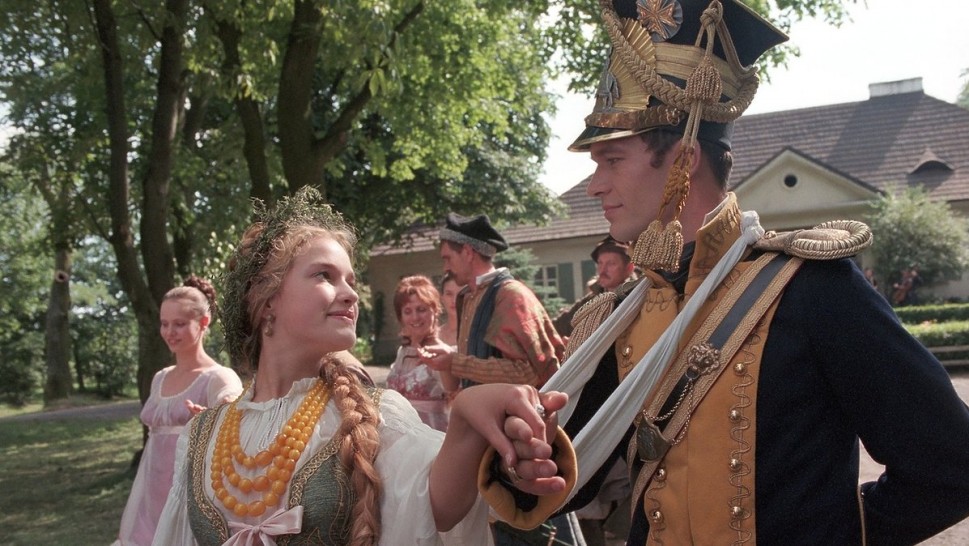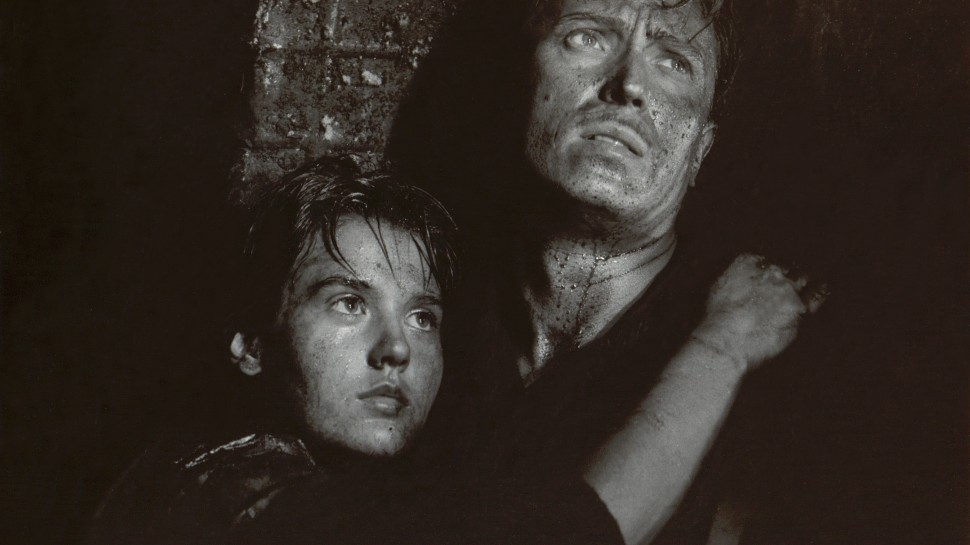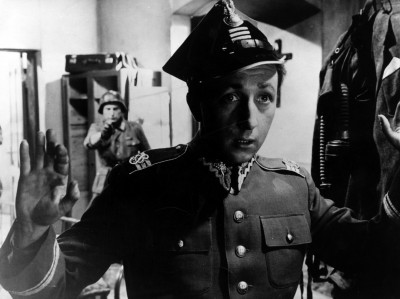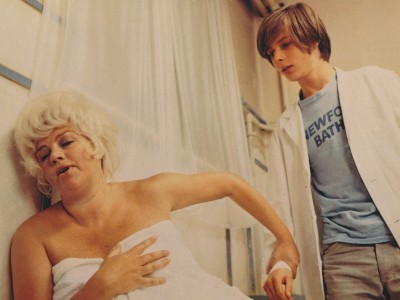


Poland through the Prism of Andrzej Wajda
The father of modern Polish cinema and one of the great masters of narrative filmmaking, Andrzej Wajda, who turns seventy-five this month, was last year’s recipient of an Oscar for Lifetime Achievement. As the Academy noted in highlighting a career that extends across half a century, "Wajda belongs to Poland, but his films are part of the cultural treasure of all mankind." During the course of this career he has directed more than forty feature films and thirty stage productions and served as a mentor for several generations of Polish filmmakers, including Roman Polanski, Krzysztof Kieslowski, and Agnieszka Holland. While the young Wajda brought the nascent postwar Polish cinema into the international arena almost single-handedly in the mid-1950s—creating, in the process, the so-called "Polish School"—he has managed to continue working at the peak of his talents even into this new century. Never afraid of controversy, Wajda has continually questioned the national myths of his homeland and dared to touch upon old wounds and uncomfortable matters: he remains a romantic to the bone. His films, which not infrequently were suppressed by censorship, have inspired stormy debates in the Polish press that extend far beyond the sphere of art. By no means a darling of the communist authorities, Wajda nonetheless was an artist too important to be ignored or silenced. His films remain a penetrating chronicle of Polish society and its history, a voice of conscience and freedom against oppression for us all.
Additional films in the retrospective are presented by The National Center for Jewish Film at Brandeis University, Waltham, in the Edie and Lew Wasserman Cinematheque in the Sachar Center. All seats $6. For more information and group sales call 781-736-8600 or visit www.jewishfilm.org. On the day of film screening tickets will be available at the door only.



















